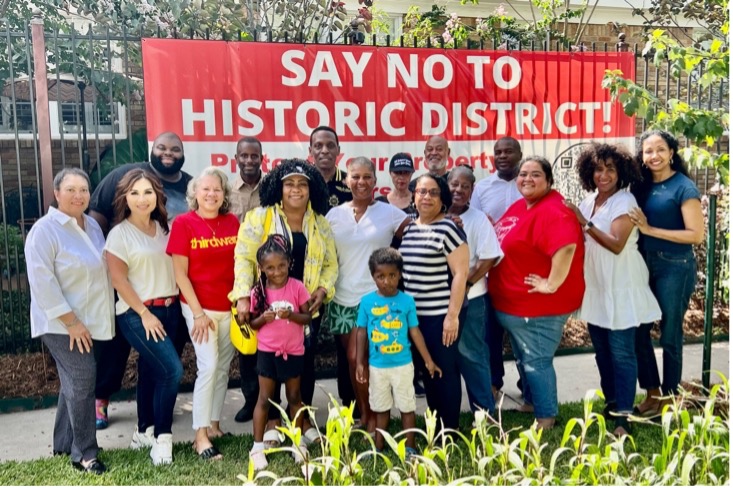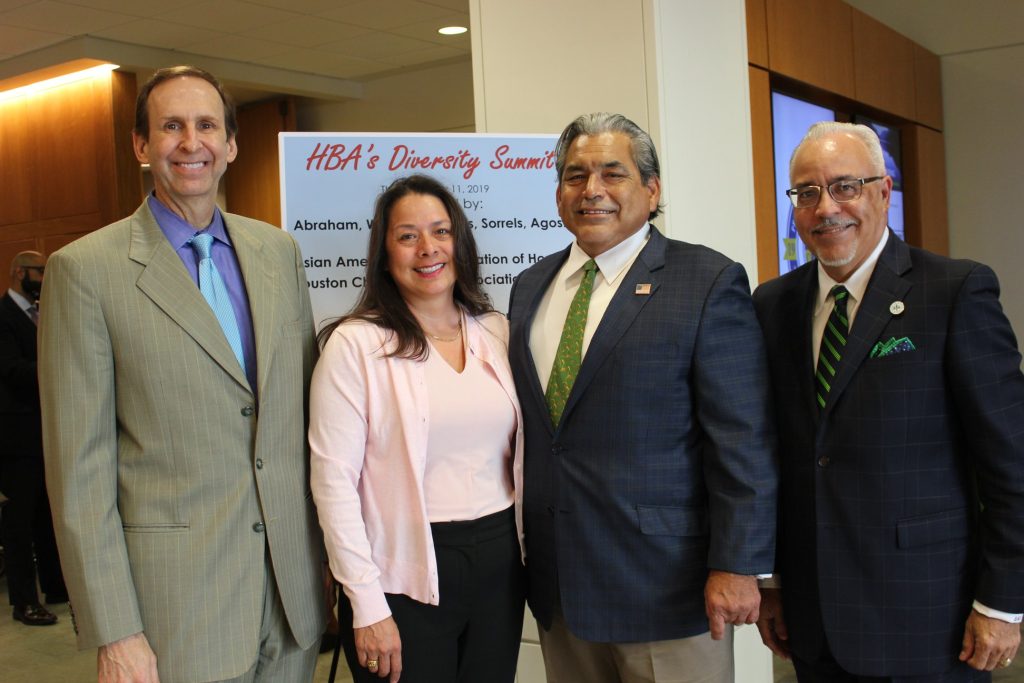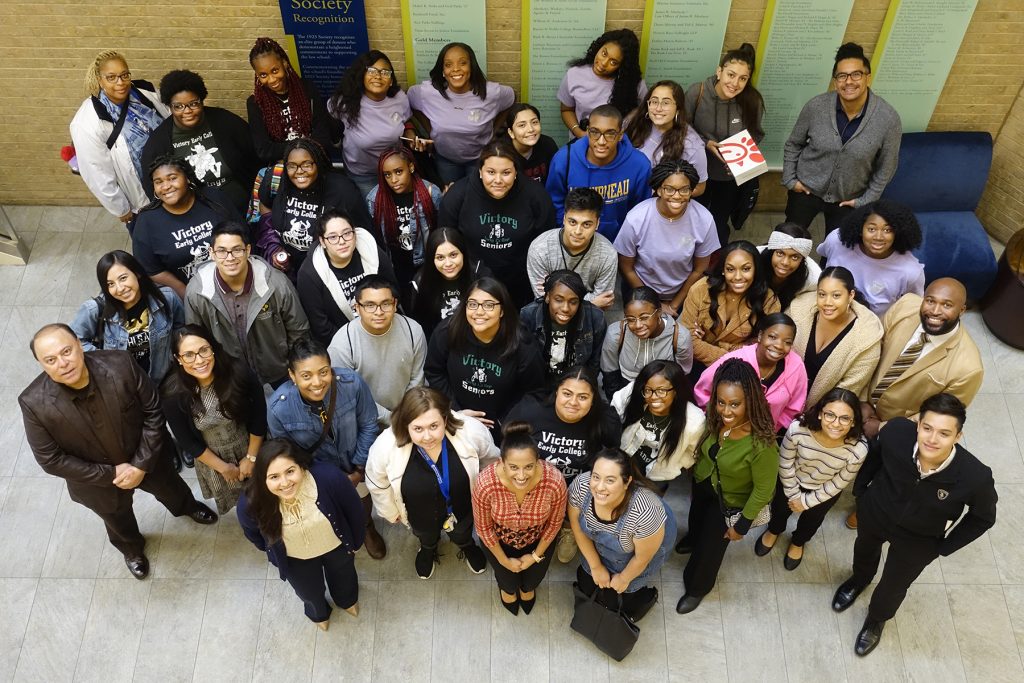 South Texas College of Law Houston alumna Melanie Wilcox Miles ’96 achieved a legal victory for the Third Ward’s Riverside Terrace community earlier this year — in part because of a relevant case South Texas Law Professor Matthew Festa had argued before the Texas Supreme Court.
South Texas College of Law Houston alumna Melanie Wilcox Miles ’96 achieved a legal victory for the Third Ward’s Riverside Terrace community earlier this year — in part because of a relevant case South Texas Law Professor Matthew Festa had argued before the Texas Supreme Court.
Miles, who owns a home in the Third Ward, was drawn to the case as a pro bono attorney by a friend who serves on the board of the Riverside Civic Association. The City of Houston had proposed making a section of the Riverside Terrace community a Historic District, which would have allowed the city to have more say about the maintenance, destruction and remodeling of homes in the area.
Because so many Riverside Terrace residents spoke up at City Council meetings and expressed their disagreement with the plan, the proposed district under Council review had shrunk to 18 homes by the time Miles was engaged. The city argued a majority of homeowners in that remaining area supported the district, but Miles disputed the city’s tally and found a number of process violations by the city.
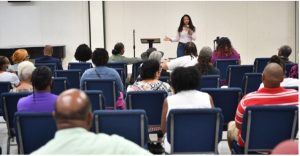
While Houston has never adopted a formal zoning regime, the Historic Preservation Ordinance has been used by the city as a type of control of how homes and neighborhoods are maintained, by creating districts with different requirements for land use. This was challenged in the case of Powell v. Houston, which Prof. Festa handled pro bono. The state Supreme Court upheld the ordinance, but it also held that historic districting is subject to the Texas laws of zoning in the state’s Local Government Code. This was one of the key parts of Miles’ argument.
Miles attended South Texas Law before Prof. Festa’s arrival, but she connected with him after she discovered the Powell v. City of Houston case in her research. “The community’s residents had been passionately and consistently arguing against the City of Houston naming their neighborhood a Historic District — to no avail,” Prof. Festa said. “In about a month’s time, Melanie researched the case, developed an excellent legal brief, and helped the community’s residents achieve their desire to stop the city’s plan.”
 Prof. Festa served as a pro bono consultant for Miles and the Riverside Civic Association, and he was invited to speak at a community meeting and a key City Council meeting. He testified to the Council about the important rulings on historic districts and state law that his pro bono clients achieved in Powell v. City of Houston.
Prof. Festa served as a pro bono consultant for Miles and the Riverside Civic Association, and he was invited to speak at a community meeting and a key City Council meeting. He testified to the Council about the important rulings on historic districts and state law that his pro bono clients achieved in Powell v. City of Houston.
He also provided some insights on the legal brief prepared by Miles, but said she had already done the hard work.
Miles spent more than 40 hours combing through city records to uncover and document times when the city violated its own procedures. She combined that information with the insights about the Historic Preservation Ordinance gained from the Powell v. City of Houston legal ruling and discussions with Prof. Festa.
Once the legal brief was received, and Miles had several personal meeting with city officials, things finally began to change directions. Mayor Sylvester Turner withdrew the plan to move ahead with the Historic District.
Miles cheered the withdrawal, saying it came in the face of “blatant violations” on the part of the city. She was thrilled for the Riverside Terrace community and glad to be able to “hold the city accountable.”
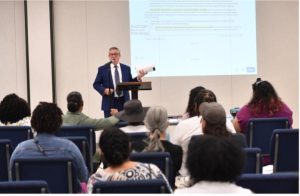
“We had to fight to be heard,” Miles said. “We had to make a heck of a lot of noise for them to hear us.”
Miles, who is board certified in family law and owns a private law practice, said she loved attending South Texas Law and gained a great foundation there.
“I had many professors at South Texas who taught me what I needed to know to make a difference and to fight for justice,” Miles said. “It’s so great as an alum to be able to connect with a current professor who is also serving the community and using his legal expertise to help others. The residents of Riverside Terrace received the benefit of our collaboration, and I look forward to the next time I can team up with someone from the law school.”
Both Miles and Prof. Festa were glad to provide pro bono legal assistance that resulted in a victory for Riverside Terrace residents. However, they emphasized it was the Third Ward community’s tremendous efforts to organize and speak up that set the stage for the favorable decision by the city.
“The community came together and presented a unified front,” Prof. Festa said. “It was inspiring to watch.”

